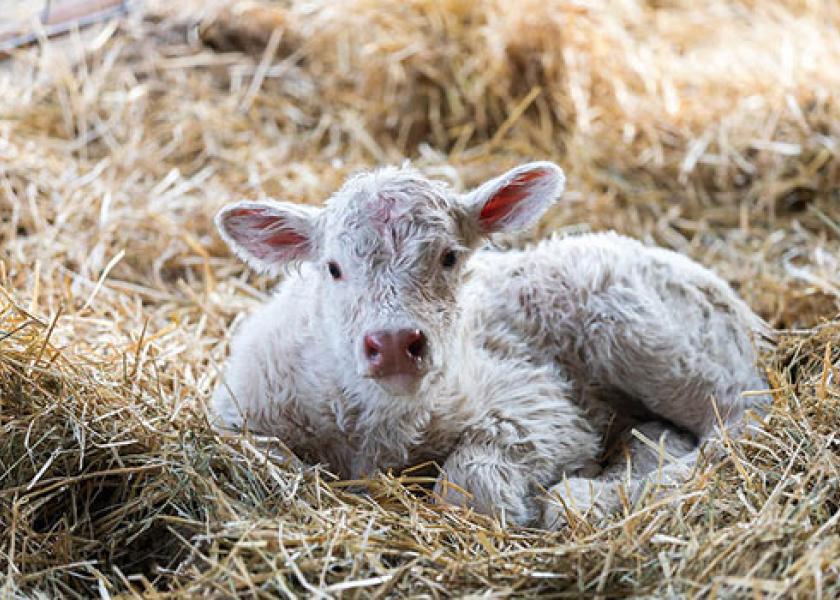Comfort Care Plans For Calves

MANHATTAN, Kan. — Walk into any kindergarten classroom in the middle of winter and you are bound to find a little person fighting off a cold. In much the same way, young calves are also prone to respiratory disease and pneumonia after they are weaned, say the veterinarians at the Kansas State Univeristy Beef Cattle Institute.
Speaking on a recent Cattle Chat podcast, K-State veterinarians Brian Lubbers, Bob Larson and Brad White share why now is the time to stock the medicine cabinet and make a treatment plan.
“That plan should include a case definition that would indicate when the animal would need treatment and what those steps would be,” Lubbers said.
In the case of a respiratory illness in calves, some of those signs would be difficulty breathing and/or coughing, a reduced appetite and depressed behavior among others, Lubbers said.
If those signs are observed, the second stage of the plan might include bringing the calf into the chute for a closer inspection in which the person evaluating them could take their temperature, listen to their breathing through a stethoscope and perhaps run other tests.
“Whatever the protocol is, the important thing is that it is consistent across the operation,” Lubbers said. “That consistency will allow producers to monitor treatment outcomes in the best way.”
He added: “If the case definition is changing over time, then it will confound and confuse the assessment of treatment outcomes.”
Regarding treatment, Larson said ideally producers will want to have medicine at the ranch ahead of when sickness hits.
“We have a lot of effective treatment options for respiratory illness, so it is good to have those on hand and know the dose and route of administration for the products you will need to use when that sickness arises,” Larson said. “Most cattle will respond to treatment and show improvement. but some will not, so it is important to talk to the veterinarian ahead of time to plan that next step.”
Lubbers said this conversation also establishes the veterinary client patient relationship (VCPR) contract that is legally needed for producers to administer treatment to the animals without the veterinarian performing an exam first.
“Along with having a valid VCPR, producers will also need to keep an accurate record of when treatments were administered,” Lubbers said. “All products have a withdrawal time that must be adhered to and so we don’t want to send them on for sale or processing if they have residues in their systems.”
White agreed and said he recommends producers hold the calves on the property until they’ve cleared the withdrawal time.
“I don’t always know what happens to the calf once they leave my place so I always make sure the calves are out of the withdrawal time before they leave the ranch,” White said.
Lubbers also recommended that producers share those health records with the calf’s next owner.
Also, along with antibiotic treatment, Larson said it is important to include comfort care in the illness plan.
“A good nursing care plan includes offering the sick calves dry bedding to lay on, providing them palatable feed and moving them away from others in the herd so they don’t have to compete with their penmates,” Larson said. “Those attentions to detail are important in the recovery of that animal.”
To hear the full discussion, listen to the Cattle Chat podcast online or through your preferred streaming platform.
Proper Vaccination Increases Calf Welfare and Value
Are You What's Standing in the Way of Pain Mitigation?
Three Common Categories of Pregnancy Losses in Beef Cattle
Want More Calves Born in Daylight? Feed The Cows at Night







